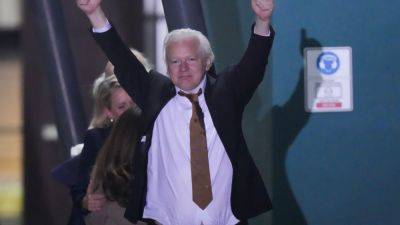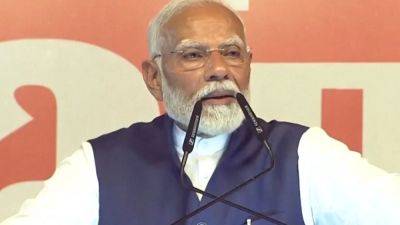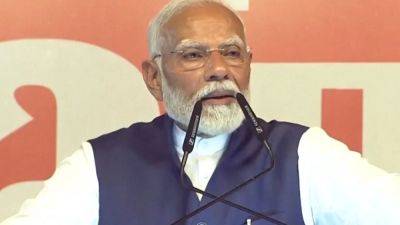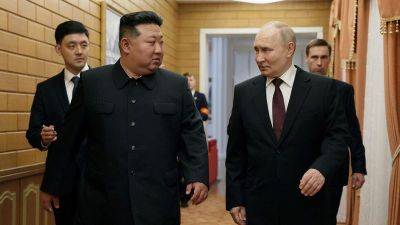India’s Modi and his Hindu-nationalist party have another five years in power. What does it mean for the world?
CNN —
Narendra Modi has raised India’s stature on the global stage like no other recent leader of the world’s most populous country.
The prime minister – who secured a rare third term in office this week – has positioned India and its fast-growing economy as a crucial player in global issues like climate change and development, while cementing New Delhi as a key security partner for the United States and an aspiring leader of the Global South.
Modi’s victory will give the 73-year-old leader and his Hindu-nationalist Bharatiya Janata Party (BJP) another five years to raise India’s global stature – and to manage its contentious relationships and contested borders with nuclear-armed neighbors China and Pakistan.
But the election results also place Modi in a radically different position from the one he enjoyed during his first decade in power.
The larger-than-life leader and his BJP fell well short of an expected outright majority and must rely on coalition partners to form a government.
That has widely been seen as a shock setback for the leader and his party, who have been accused by critics of fueling Islamophobia and religious violence in India, while rolling back civil liberties and failing to solve livelihood issues like soaring youth unemployment.
Now, Modi will need to “devote a lot of time to (domestic affairs to) keep the government intact with a coalition with different agendas,” said T.V. Paul, author of “The Unfinished Quest: India’s Search for Major Power Status from Nehru to Modi.”
“This idea of India pushing its weight around may be much less feasible for the time being, given that foreign policy issues did not impact the (election) decision as much as people had thought.”
Modi walks with US President





